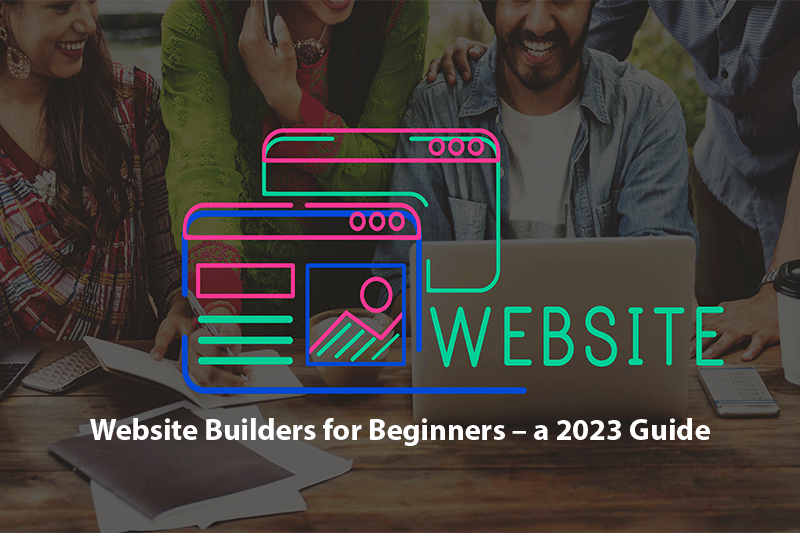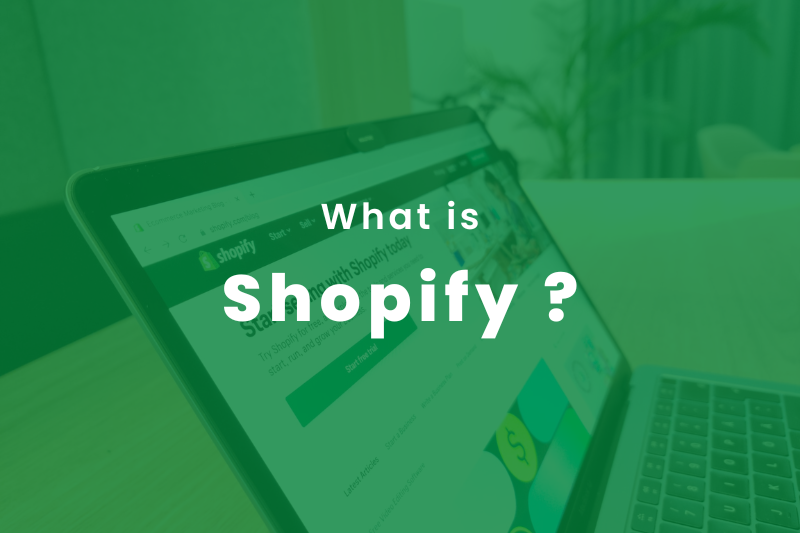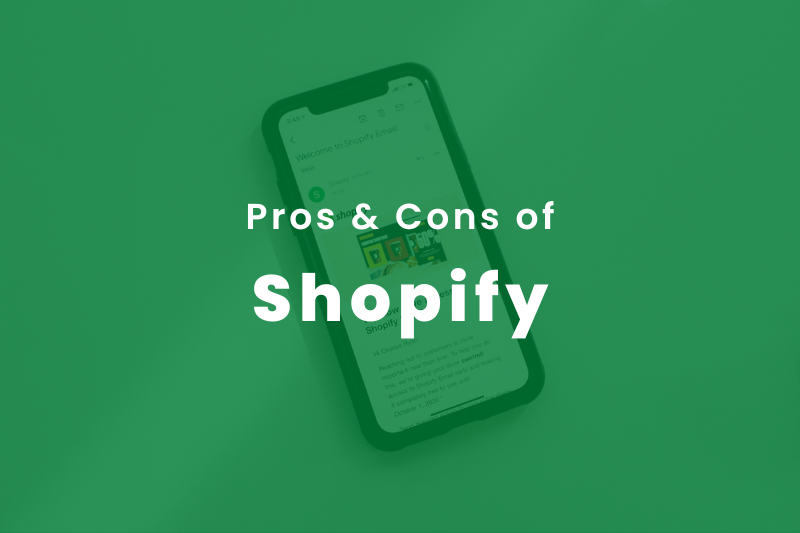Website Builder is the perfect solution for individuals, entrepreneurs and small businesses to launch a website without hiring a developer. However, finding the best website builder for beginners can be difficult.
With so many website builders on the market, how do you decide which one is right for you? The true answer to the question of the best website builder depends on your specific needs. increase.
This article examines the pros and cons of the most popular options to help you choose the best website builder.
- WordPress
- Wix
- Squarespace
- Shopify
- Hostinger website builder
1. WordPress:

(Image Source: https://wordpress.org/)
WordPress.org is the world’s most popular website building platform. Over 43% of all websites on the internet use WordPress.
WordPress comes in two versions: Self-hosted WordPress CMS and WordPress.com.
WordPress self-hosted content management system (CMS) tops the list of best website builders due to its popularity, powerful features, scalability, and ease of use.
WordPress is a free and open source website builder. This means you have maximum control over your website compared to other online website builders on this list.
Because of this, many popular websites like WhiteHouse.gov, CNN, The New York Times, Microsoft, and countless other small businesses use WordPress as their website builder.
Pros:
- WordPress gives you complete control over every aspect of your website and online presence. It can be used to create any type of website. For example, e-commerce stores, community forums, social networks, membership websites, business/corporate websites, landing pages, etc.
- Thousands of high-quality, pre-built WordPress themes that you can use to design your website.
- You can also use popular drag-and-drop WordPress page builders such as SeedProd and Divi. This makes it easy to create your own custom website themes with a drag-and-drop editor (no coding required).
Cons:
- You have to manage your own website, so you have to learn a new system. This slight learning curve is easy for most users to overcome, but it can feel a little daunting at first.
- You should also keep up with WordPress updates and plugin updates and make backups of your website. All of this can be automated by your WordPress hosting provider.
2. Wix:

(Image Source: https://www.wix.com/)
Wix has over 500 templates that are perfect guides to building your website rather than starting from scratch. Once you’ve chosen your favorite template, you have almost complete control over every element and color on the page, customizing it just the way you like it. There is also an (ADI) system.
The ADI system asks a few general questions about the type of website you want to create, from your name to your industry. Answer these questions and Wix will show you a website shell specifically tailored to your needs.
Because of the recent partnership, a Wix user can access her Semrush SEO keyword data directly from the web builder dashboard. In addition to Wix’s new SEO settings that allow users to have better control over important technical SEO settings at a detailed page level, this will make Wix as the premier developer of advanced search engine optimization. position will be firmly established.
Pros:
- Wix Website Builder is a fully hosted platform, so you don’t have to pay for hosting. You can access hundreds of templates to choose from to design your website. Each template is fully editable with an intuitive drag-and-drop site builder.
- Wix has also developed artificial intelligence (Wix ADI) that allows you to design beautiful websites.
- In addition to tons of templates, Wix also offers a number of free and paid apps that can be installed on his website. These apps allow you to add new functionality to your website. Some are built by Wix, others by 3rd party developers.
Cons:
- Free and Connect domain plans display Wix branded ads on your website. To remove these ads, you need to upgrade to a Combo or Unlimited plan.
- If you decide to move your site out of Wix, you know that the move can be very complicated.
- The $9.16/month (INR 758) Connect Domain plan allows you to connect only one custom domain name, so you’ll need to purchase the domain name separately.
3. Squarespace:

(Image Source: https://www.squarespace.com/)
Creating a great looking website can seem like a daunting task unless you have artistic talent. However, Squarespace has features that will make your site look great regardless of your level of creativity. There are only 91 templates to choose from, but since they were all developed by Squarespace, they are all beautifully designed.
So in most cases you will find that you should leave them alone. Just add your own images and change the text. Users can also heavily customize the site to suit their needs thanks to Squarespace’s Fluid Engine drag-and-drop builder, which is based on an adaptable grid system.
Other great benefits of this service include a solid range of features and analytics (more features have been added over the last few years) and an initial monthly fee that’s $2 less than Wix’s starting price.
Pros:
- Squarespace has an enterprise-class infrastructure for hosting websites. This secure and robust platform allows you to focus on growing your business without worrying about hosting.
- Squarespace has dozens of website designs to get you started. All of these themes work perfectly with any type of content. They’re fully editable, and Squarespace even lets you use multiple templates for the same website at the same time.
- Squarespace makes it easy to add content to your site. Just point anywhere on the website and start typing. Create your own layouts in minutes by simply dragging and dropping elements onto your page.
Cons:
- Squarespace offers limited integration with third-party services that can hinder business growth.
- Only Stripe, Apple Pay, and PayPal can be used for payment processing on eCommerce plans. You cannot add payment gateways.
4. Shopify:

(Image Source: https://www.shopify.com/)
Shopify is another popular ecommerce website builder specially designed for online stores and ecommerce websites. We support millions of online stores in 175 countries. More than $400 billion worth of products are sold on the Shopify platform.
According to a research, 4.4% of all websites on the internet use Shopify as their ecommerce website builder.
Pros:
- Shopify is a fully hosted all-in-one ecommerce software. This means you don’t have to worry about managing software, installing updates, or keeping backups. Shopify does it all.
- Shopify offers an integrated payment solution called Shopify Payments which can accept credit cards. You can also add third-party payment gateways to accept payments.
- As an ecommerce website builder, Shopify offers complete inventory management, unlimited products, powerful statistics, and simple marketing solutions all neatly packaged under one roof. There are tons of themes to choose from and no additional code is required.
- With its intuitive drag-and-drop interface, Shopify makes it super easy to create a professional online store.
- We also offer in-store POS. This allows you to accept all credit cards and take advantage of Shopify’s inventory, shipping, marketing, and statistics management tools while selling your products from your location.
Cons:
- Shopify forces you to use the Shopify Payments Platform. If you use your own payment processing solution, there is an additional transaction fee of 2%. This is very expensive.
Get Detailed info here
5. Hostinger Website Builder

(Image Source: https://www.hostinger.in/website-builder)
Building a website with a website builder is even easier. Hostinger’s website builder offers an easy-to-use interface for creating your own content and layouts. Additionally, here are some of the benefits of using Hostinger’s own website builder:
- Cloud Hosting – Reliable performance and less downtime.
- Security – Meets PCI standards for visitor privacy.
- Artificial Intelligence (AI) Tools – Help with website branding, marketing and optimization.
- Quick Setup – Intuitive interface for editing and creating your own content.
- Hostinger’s website builder is highly visual, making it ideal for online portfolios, photo blogs, and media websites.
Pros:
- WordPress Plans: Strong onboarding experience with most WordPress plans makes them very easy to use
- Both Windows and Linux Hosting Available: In addition to traditional Linux plans, Hostinger is a VPS We also offer Windows hosting with our plans
- Multilingual Customer Support: Hostinger’s customer support agents are available in many languages and located around the world.
- Affordable Hosting Plans: Starting at $0.99, Very Low Discounts for New Users
Cons:
- Poor Uptime: Adheres to Industry Standards, but Hostinger’s Uptime Guarantees Don’t Match
- No Dedicated Plans: Hostinger Doesn’t Offer Dedicated Hosting Plans
- No Phone Support: Hostinger Customer Support Options are robust, but this provider does not yet offer phone support
Summary:
After carefully evaluating all popular online website builders, we believe WordPress.org outperforms them all in terms of overall performance, ease of use, price, and flexibility. I’m here.
WordPress is great for beginners, personal her website, and business her website. Some of the world’s leading brands use WordPress on their websites. Check out all the reasons to choose WordPress as your website builder.
If you want to build a website with the best website builder, start with WordPress with Bluehost. It’s definitely our first choice.
To read about online image editing platforms for free, click here




Pingback: Top 5 Best Website Hosting for Business - Source Candy